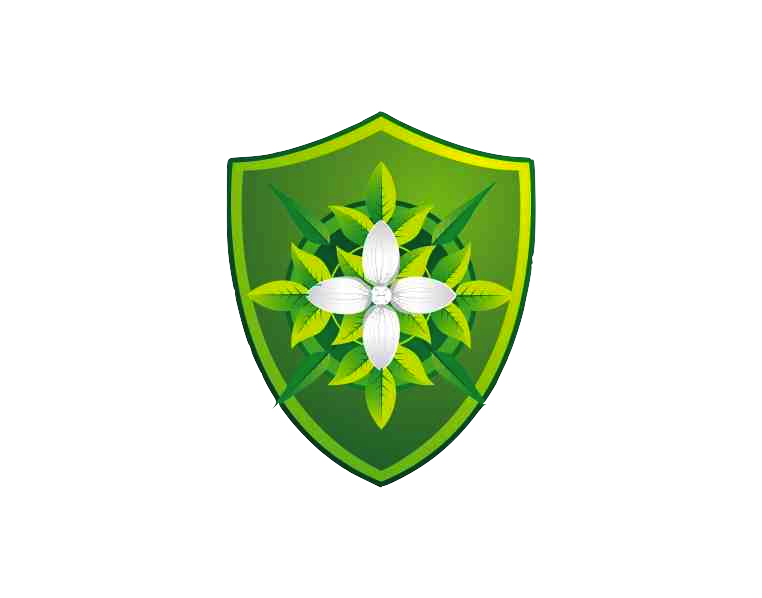The global EdTech industry is replete with mission statements promising to make the world a better place through education. Yet, the reality often starkly contrasts with these lofty ideals. The industry predominantly serves the wealthiest 1% of schools, driven by profit motives that neglect the vast majority of the global student population. This article calls for a deep reflection on our mission and vision, urging EdTech companies to realign their actions to serve a broader and more inclusive audience. Using Urban Green Education as the central provider, with Lincoln Learning Solutions and Agilix Labs as partners, we explore how a mission-driven approach can create lasting and impactful change.
The Mission-Vision Discrepancy
High Costs and Profit Motives
Major EdTech companies, such as Pearson, the International Baccalaureate (IB), and Cambridge Assessment International Education all have incredible tools but often price their products and services at levels only affluent schools can afford. This profit-centric approach leads to high costs for educational materials and services, making them inaccessible to many schools in the Global South. Consequently, these companies primarily serve the wealthiest schools, perpetuating educational inequity.
Market Dynamics and Inequity
The focus on lucrative markets exacerbates educational inequity. Companies invest heavily in markets that promise high returns, concentrating resources in affluent schools while neglecting underfunded ones. Even attempts to scale down products for less affluent markets often result in diminished quality, creating a two-tiered education system where only the wealthiest benefit from high-quality resources.
The Need for Self-Reflection
Believing in Teachers
To align actions with mission, EdTech companies must start by believing in and supporting teachers. Providing professional development, user-friendly tools, and responsive customer service empowers educators to deliver better education. This support is crucial for fulfilling the company's mission of improving global education.
Serving Students Inclusively
The primary goal of education is to benefit students. Companies should prioritize developing accessible and inclusive educational tools that cater to diverse learning needs. This approach enhances educational equity and maximizes the impact of EdTech products.
Urban Green Education: A Mission-Driven Example
Commitment to Mission
Urban Green Education exemplifies a mission-driven approach in the EdTech industry. Their mission is to provide high-quality, customizable educational content that empowers educators and engages students. By partnering with Lincoln Learning Solutions and Agilix Labs, Urban Green Education offers the International Pack, a comprehensive solution priced at just $30 per student per year, with teacher and parent accounts free. This pack includes a premium learning management system (LMS) and access to nearly 110,000 vetted educational resources.
Supporting Educators
Urban Green Education places a strong emphasis on supporting teachers through professional development and easy-to-use tools. This support ensures that educators can effectively integrate technology into their teaching, leading to better educational outcomes.
True Partnership
Positioning themselves as partners rather than vendors, Urban Green Education collaborates with educators to tailor solutions to their specific needs. This partnership fosters trust and loyalty, exemplifying how staying true to one's mission can drive meaningful change.
Hard Questions for Self-Reflection
Who Are We?
Are we living up to the mission and vision that inspired the founding of our companies? Are our actions and strategies aligned with our core values? Reflecting on these questions helps ensure that we remain true to our purpose.
Whom Are We Becoming?
In our pursuit of growth and profitability, have we compromised our principles? Are we contributing to educational inequity by focusing too much on affluent markets? It is essential to assess whether our current trajectory aligns with our mission.
Who Do We Want to Be?
What kind of impact do we want to have on global education? Do we want to be known as a company that drives meaningful change, or one that prioritizes profit over purpose? Defining our future goals based on our mission can guide us toward more ethical and impactful business practices.
The international EdTech industry's current focus on the wealthiest schools contradicts the noble missions and visions many EdTech companies profess. There is a pressing need to realign actions with these stated ideals, prioritizing ethical behavior, kindness, and a mission-driven approach. By supporting teachers and serving students inclusively, companies can drive true educational change and create a more equitable global education system. Urban Green Education, in partnership with Lincoln Learning Solutions and Agilix Labs, serves as a model for this approach, demonstrating that mission-driven operations can lead to significant and lasting impact.
It is time for all of us in the EdTech industry to revisit our missions, reflect on our actions, and realign our strategies to better serve educators and students worldwide. By doing so, we can ensure that our work not only succeeds in business terms but also makes a genuine difference in the world of education. We can be better. We can do something lasting and impactful today.
